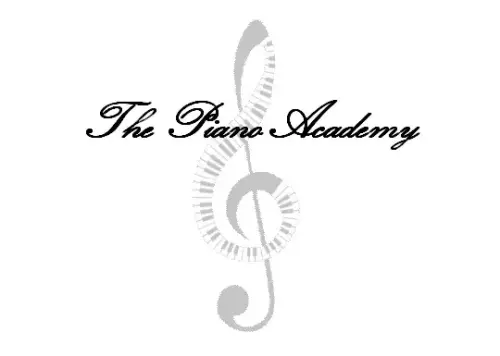Tips for Effective Practice Sessions
Effective practice is key to progress in learning any musical instrument. At Piano and Voice Academy, we emphasize the importance of structured practice sessions to maximize improvement and maintain motivation.
To ensure productive practice, set clear, achievable goals for each session. Begin with warm-up exercises to prepare your body and mind. Break down complex pieces into smaller sections and focus on mastering each one before moving on. Use a metronome to maintain consistent timing and record your practice sessions to track your progress over time. Remember, quality is more important than quantity—focus on deliberate practice and gradually increase the difficulty as you improve.
Understanding Music Theory
Music theory is the backbone of musical education, providing the tools and language to understand and create music. At Piano and Voice Academy, we highlight the importance of music theory in developing musicianship.
Understanding music theory allows students to read and write music, recognize patterns, and appreciate the structure of pieces. It also aids in improvisation and composition, enabling musicians to express their creativity effectively. Our academy offers resources and lessons that focus on key elements such as scales, chords, intervals, and rhythm.
For beginners, grasping the basics of music theory can seem daunting, but it is essential for progress. Our instructors simplify complex concepts with interactive classes and practical applications. Advanced students can delve deeper into topics like harmonic analysis and counterpoint to enhance their understanding and skills.
Exploring Different Music Genres
Diversity in music genres enriches a musician’s experience and broadens their skill set. At Piano and Voice Academy, we encourage students to explore a variety of musical styles to enhance their versatility and creativity.
Each genre, from classical and jazz to pop and rock, offers unique characteristics and challenges. Classical music provides a solid foundation in technique and discipline, while jazz encourages improvisation and expression. Pop and rock introduce contemporary techniques and rhythmic patterns that are widely used in modern compositions.
Our lessons incorporate a range of genres, allowing students to discover what resonates with them. By engaging with different styles, musicians can develop a more comprehensive understanding of music and apply these insights to their performances and compositions.
